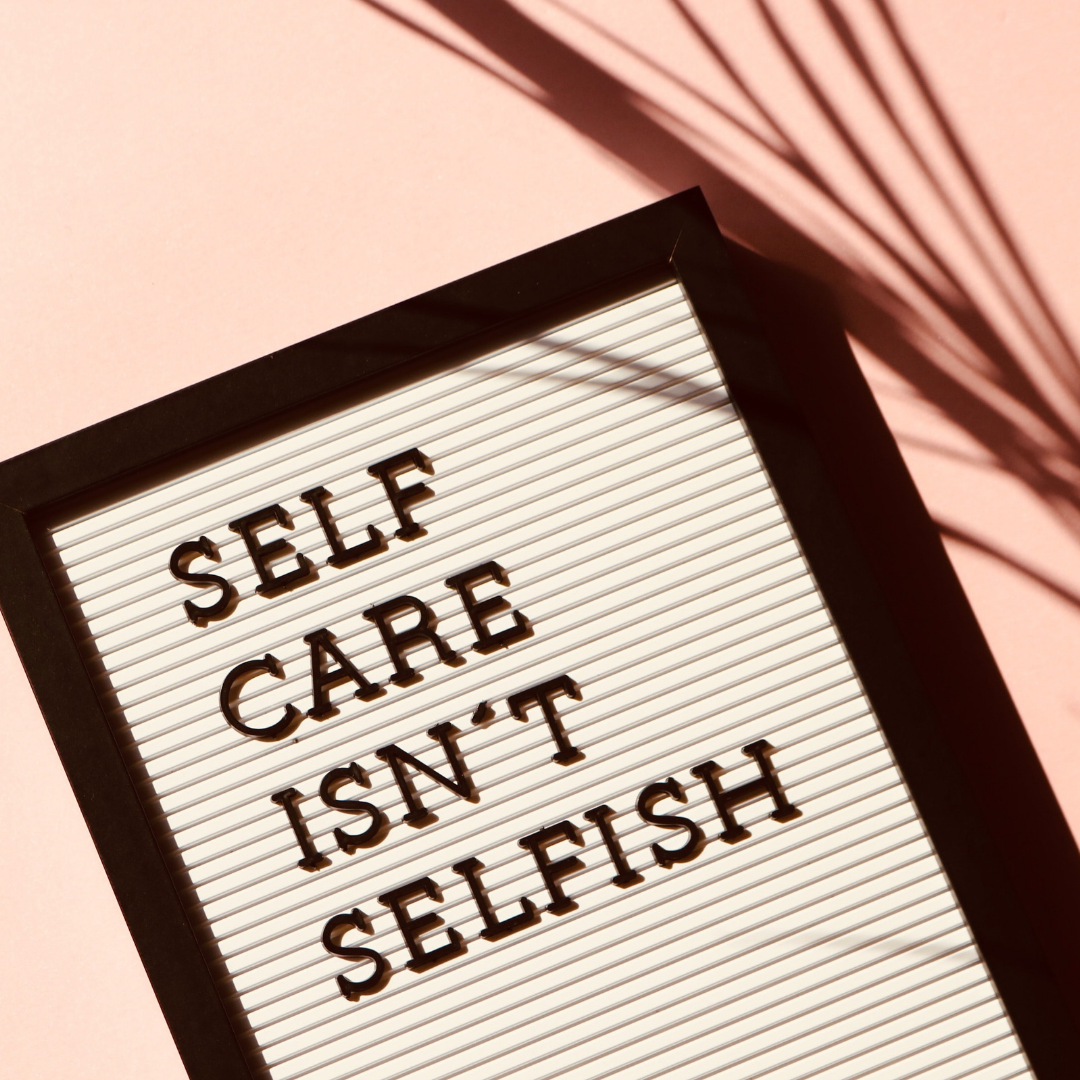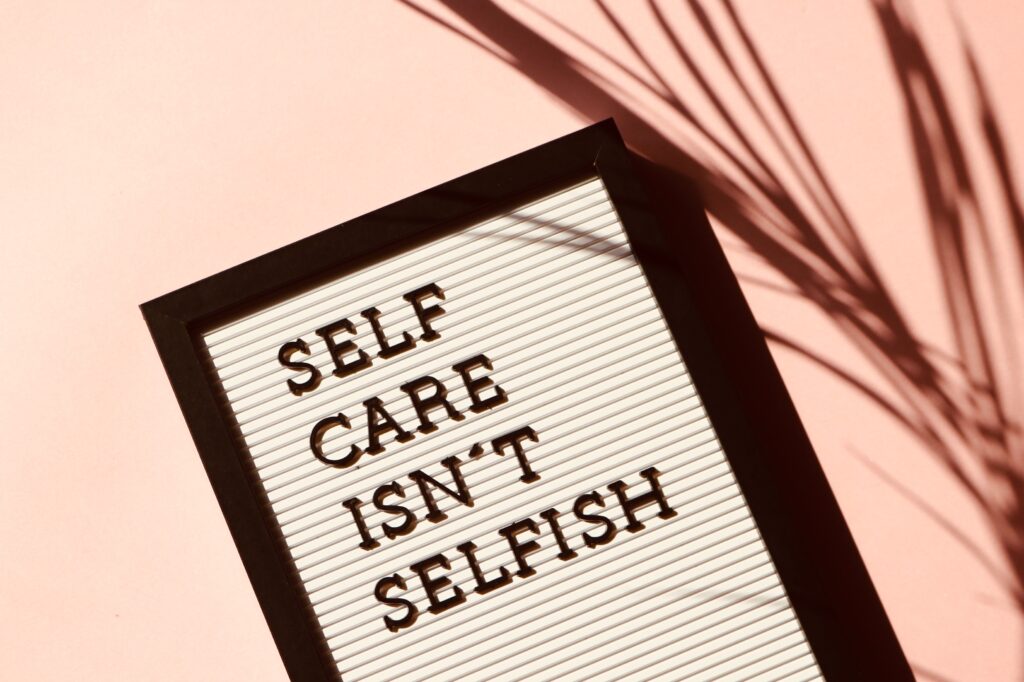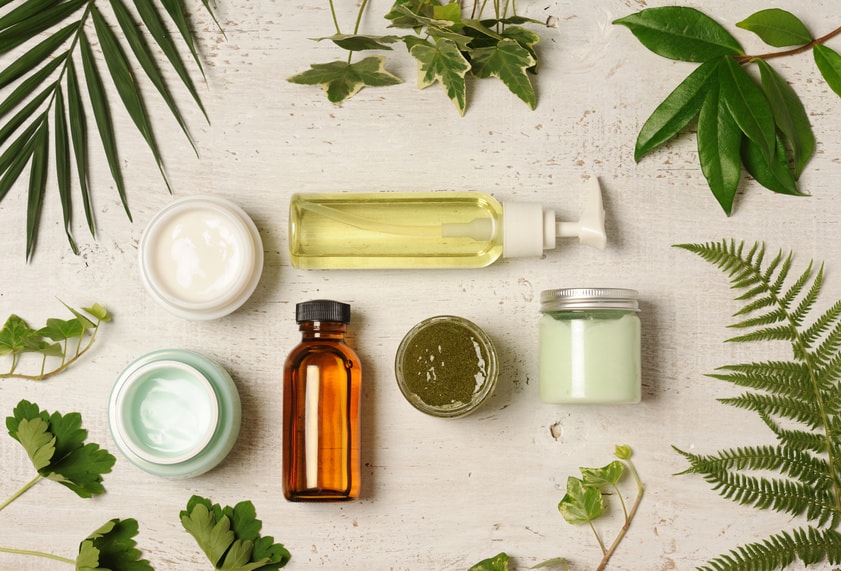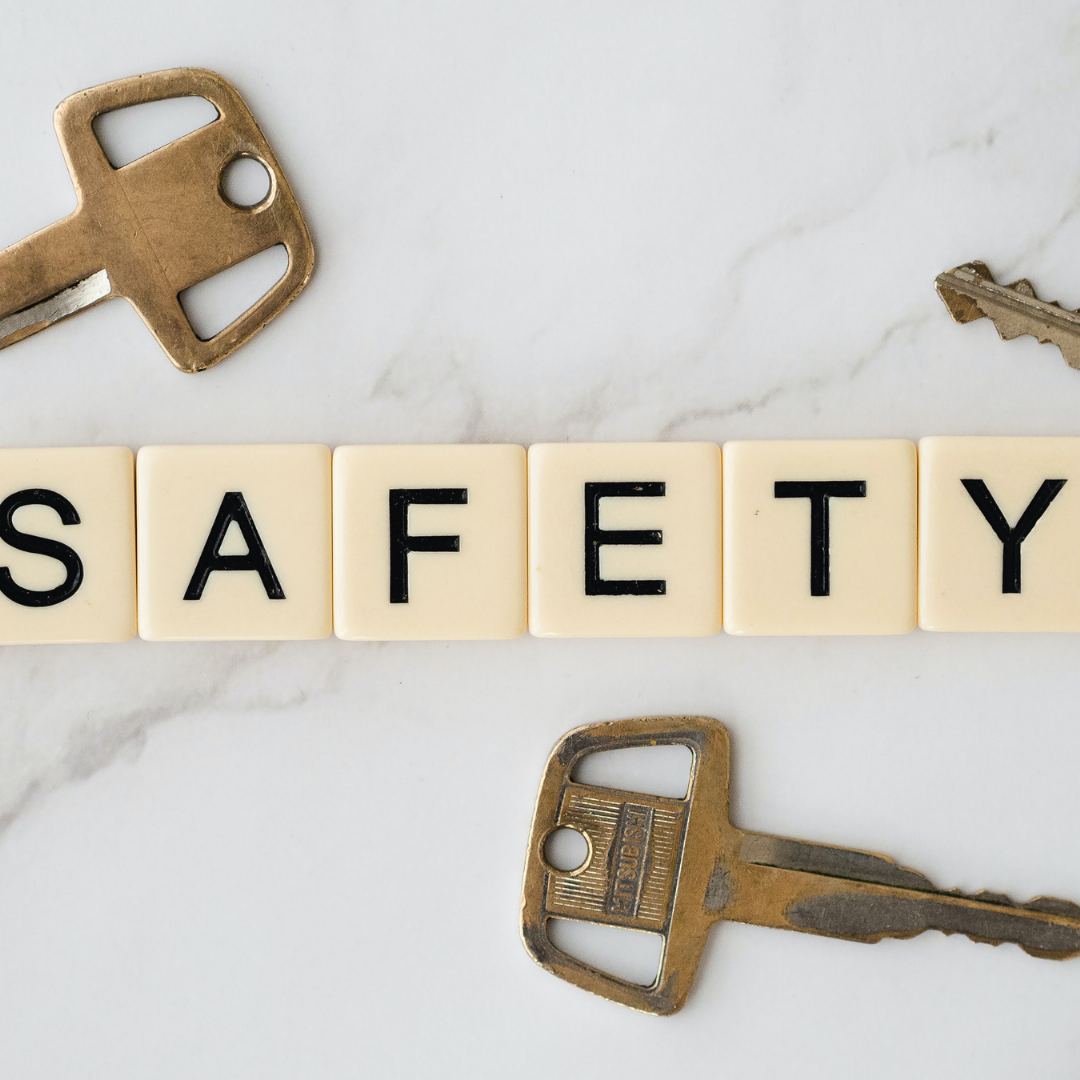How You Can Overcome Pandemic Fatigue and Improve Your Health in 2021

There is no denying that there is pandemic fatigue setting across the country and indeed the world. 2021 has been a tough year following on from the craziness of 2020. But while the current situation may have tensions raised, it has never been more imperative to make sure you focus on both your physical and mental health.

How you can improve your physical and mental health in 2021!
Self Care
From an emotional standpoint, the year 2020 has taken a toll on all of us. Anxiety, worry, boredom, loneliness, tension, and sadness are all common side effects of the pandemic, and they’re all normal. Not only do these feelings have an impact on our emotional well-being, but they can also have an impact on our physical health. In addition to poor sleep, stress and worry can cause gastrointestinal upset, altered appetite, headaches, and muscle tightness.
Resolve to prioritize your own well-being in 2021: Make the time to engage in beneficial activities for your health, mind, and emotions. Simply deciding to go screen-free for an hour every day while you go on a walk, play with your children, or read instead could make a significant difference. Perhaps you could incorporate a five-minute morning meditation into your routine, schedule a weekly phone date with a trusted buddy, or write down one thing you’re grateful for each day to keep yourself motivated. Or maybe taking the time to get a massage, indulge in a beauty treatment such as Nano Brows or a manicure, or book a night away from your life to really unwind and recharge those batteries.
Refocus on Diet and Fitness
Suppose you’ve been diagnosed with the terrible “COVID-19 Syndrome” you’re not by yourself. Many people have reported weight gain due to the epidemic, whether it’s because they’re refueling on baked goods and wine, their gym is closed, or they’re too busy juggling work and homeschooling to get any exercise. Even the stress caused by the pandemic could be a contributing factor: A threat or danger signals to your brain, and as a result, your adrenal glands boost their production of cortisol, the primary stress hormone, which causes your blood sugar (glucose) to rise.
The beginning of a new year is an excellent time to renew your commitment to physical activity and healthy eating habits. However, this does not necessitate preparing for a marathon or abstaining from carbohydrates. A 20-minute walk every day, reducing portion sizes, and choosing to manage stress in healthier ways rather than via food and alcohol are all examples of little changes that have the potential to make a significant difference.
Quit Bad Habits
Many people over-developed bad habits due to the monumental lifestyle changes experienced over the past 18 months. This is only to be expected, and there should be no judgment on how people cope with what is happening.
However, many bad habits can trap you in a cycle of shame, and before you know it, you are stuck indulging in something that doesn’t make you happy and impacts low moods and feelings, or generally doesn’t give you any enjoyment.
Breaking bad habits can take time, patience, and persistence. Start small by making it easy to adapt to sustainable changes. For example, if you want to stop smoking, maybe look at cutting down before quitting cold turkey if this is too much of an ask. Then include nicotine replacement tools to help you. Or asking a professional for help to assist you in making long-term changes that impact both your physical and mental health now and for many years to come.
Take A Breather
Mental health has taken a major hit as a result of the pandemic. According to a study performed by the Centers for Disease Control and Prevention, 40.9 percent of those who responded claimed they had “at least one unfavorable mental or behavioral health condition” during the epidemic. In response to COVID-19, 30.9 percent of those surveyed indicated anxiety or depressive illness symptoms, 26.3 percent reported symptoms of trauma- and stressor-related disorder, and 13.3 percent reported substance misuse.
Various mental health issues necessitate medical attention, and it is always a good idea to consult with your doctor if you are suffering serious symptoms of one.
It is still possible to maintain your mental health in the same manner as your physical makeup, even if you are not a religious person. One of the most crucial is also the most straightforward: Take a breath.
Pausing is as straightforward as it appears. Allow yourself to take a few moments to walk away from your activities and sit quietly throughout the day. As simple as setting a few alarms and taking a five- to 10-minute timeout every time one of them goes off can be sufficient for this practice.
Sleep More and Drink Less Alcohol
Good sleeping habits can also help enhance mental health by giving you more energy during the day and improving your attitude and emotions. Getting to sleep and waking up at the same time each day is something we can control.
Pick realistic sleep times. It’s absurd to expect to be ready for bed by 8:30 or 9 p.m. if you have obligations until 8 p.m. If you want to get up earlier, set your alarm 30 minutes earlier than usual—a person who normally awakens at 7 a.m. but wishes to rise at 5 a.m. But with little, regular steps, that objective might be accomplished sooner than you think.
It’s one of the best things you can do for your mental health in 2021. Alcohol has numerous short- and long-term impacts on the brain and body. Irritability and mood swings are common symptoms of moderate drinkers. Heavy or chronic drinkers risk sadness, anxiety, memory loss, and even permanent brain damage. Not to mention the emotional and financial costs of excessive alcohol intake.
Consider alternatives as you improve your health in the new year. Many recreational and stress-relief strategies for lawyers involve alcohol, compounding the issues. If you must go to happy hour, look for non-alcoholic drinks. Find hobbies that make you happy but don’t involve drinking. Online social clubs, workshops, and reading clubs can provide social and emotional fulfillment without the liquor.




